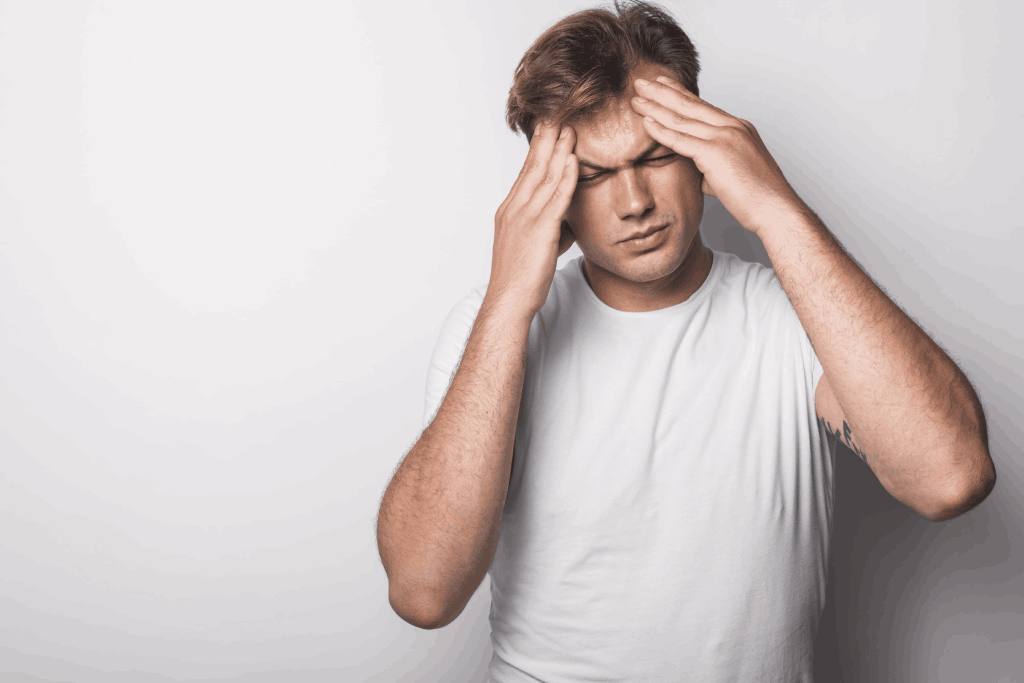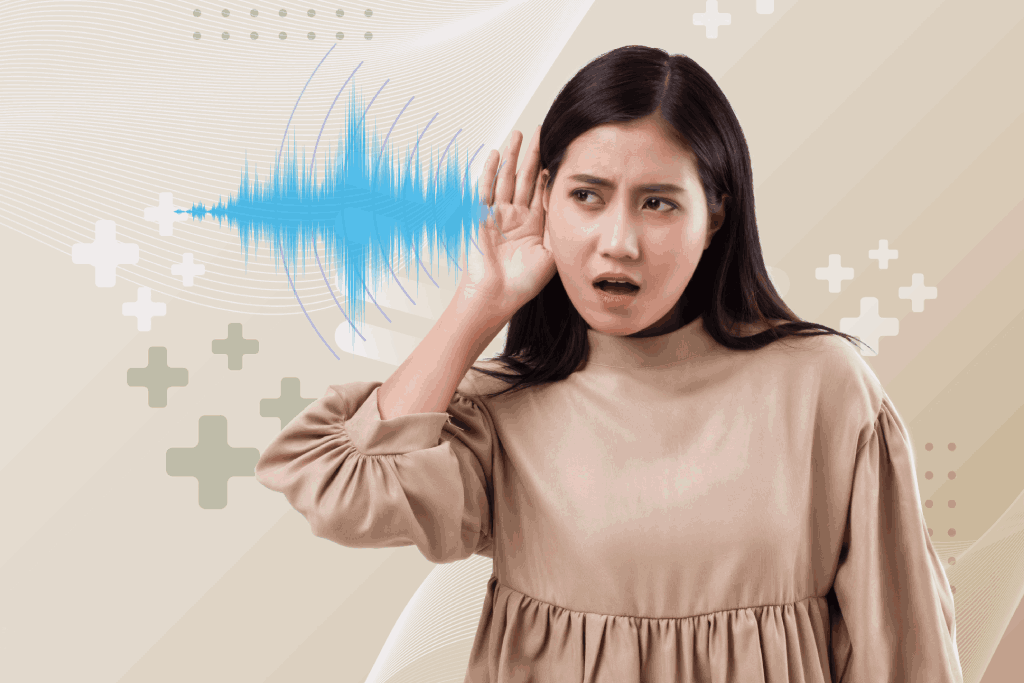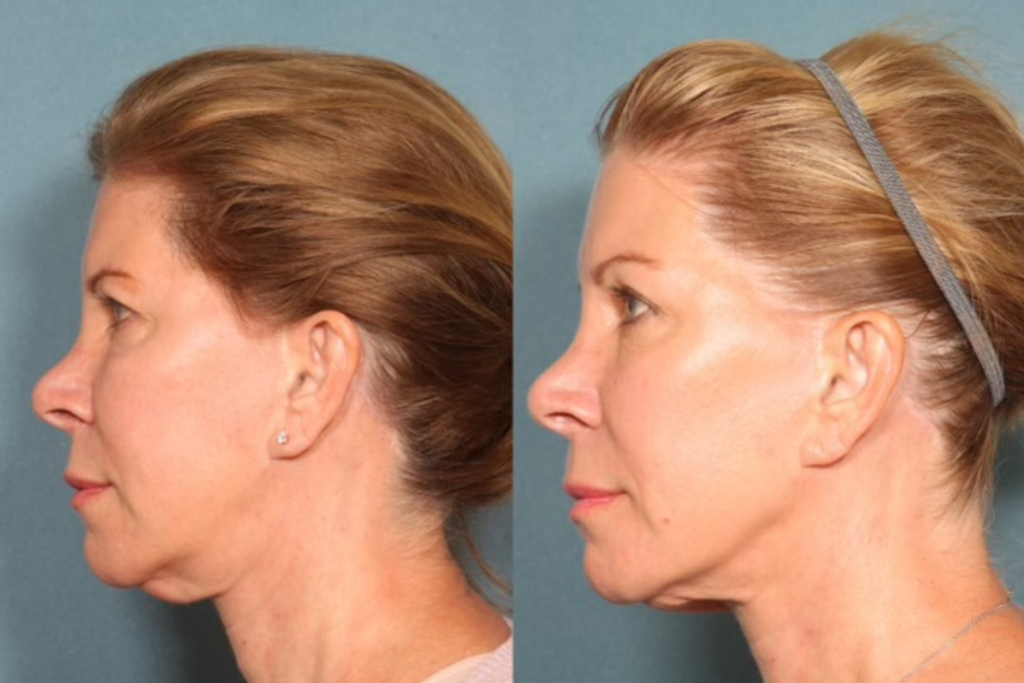Dizziness can make you feel faint and unsteady and might be dangerous if you’re driving or working. If you’ve been experiencing dizziness, board-certified otolaryngologist Gerald Suh, MD, and his team at Princeton ENT and Sleep, LLC, can help. They can find out what’s causing your dizziness and prescribe the best treatment to relieve your symptoms. To find out more, call the Princeton, New Jersey, office, or book an appointment online today.
Dizziness
What is dizziness?
Dizziness is a physical state in which you feel lightheaded or off balance. It affects your eyes and ears and can sometimes lead to fainting. This loss of awareness and control can be dangerous if you get dizzy while driving or operating machinery. Just getting an attack of dizziness at home could result in a fall that causes painful injuries.
Dizziness isn’t quite the same as vertigo, although they are similar. If you have vertigo, it seems as though the room is spinning around you, whereas with dizziness, the main sensation is faintness.
Dizziness is a common symptom, and in most cases, the cause isn’t anything serious. If you occasionally feel dizzy, it’s probably nothing to worry about; however, regular episodes or persistent dizziness need investigating.
What causes dizziness?
Common causes of dizziness include:
- Migraine
- A sudden drop in blood pressure
- Heart disease
- Anxiety disorders
- Anemia (low iron)
- Low blood sugar
- Ear infections
- Dehydration
- Heatstroke
- Medication side effects
Problems with your ears can also cause dizziness. Benign positional vertigo (BPV) causes short-term dizziness when you change your position quickly, and dizziness is a symptom of Meniere’s disease (fluid build-up in your ear), along with vertigo, hearing loss, and tinnitus.
A more unusual cause of dizziness is an acoustic neuroma, which is a benign (noncancerous) tumor that develops on the nerve connecting your brain to your inner ear.
Head trauma can also cause dizziness, so if you’ve knocked your head, it could be that you have a concussion or other damage inside your skull.
How is dizziness treated?
Treating your dizziness successfully depends on an accurate diagnosis of the cause of your symptoms.
The Princeton ENT and Sleep, LLC, team diagnoses your dizziness following a consultation and tests such as an EEG (electroencephalogram) and a CT or MRI scan. You might also need to undergo specialized tests such as caloric stimulation.
To diagnose a balance disorder, you may need a hearing evaluation and a videonystagmography (VNG) test. VNG testing helps to determine which part of your vestibular system is causing your dizziness.
If you have BPV, a type of physical therapy called Epley maneuvers can help shift the calcium carbonate deposit causing your condition. A healthy, low-salt diet can be beneficial in resolving Meniere’s disease, or you might need occasional injections and, in some cases, ear surgery.
To find out more about what might be causing your dizziness and get relief from your symptoms, call Princeton ENT and Sleep, LLC, today and schedule a consultation or book an appointment online.








